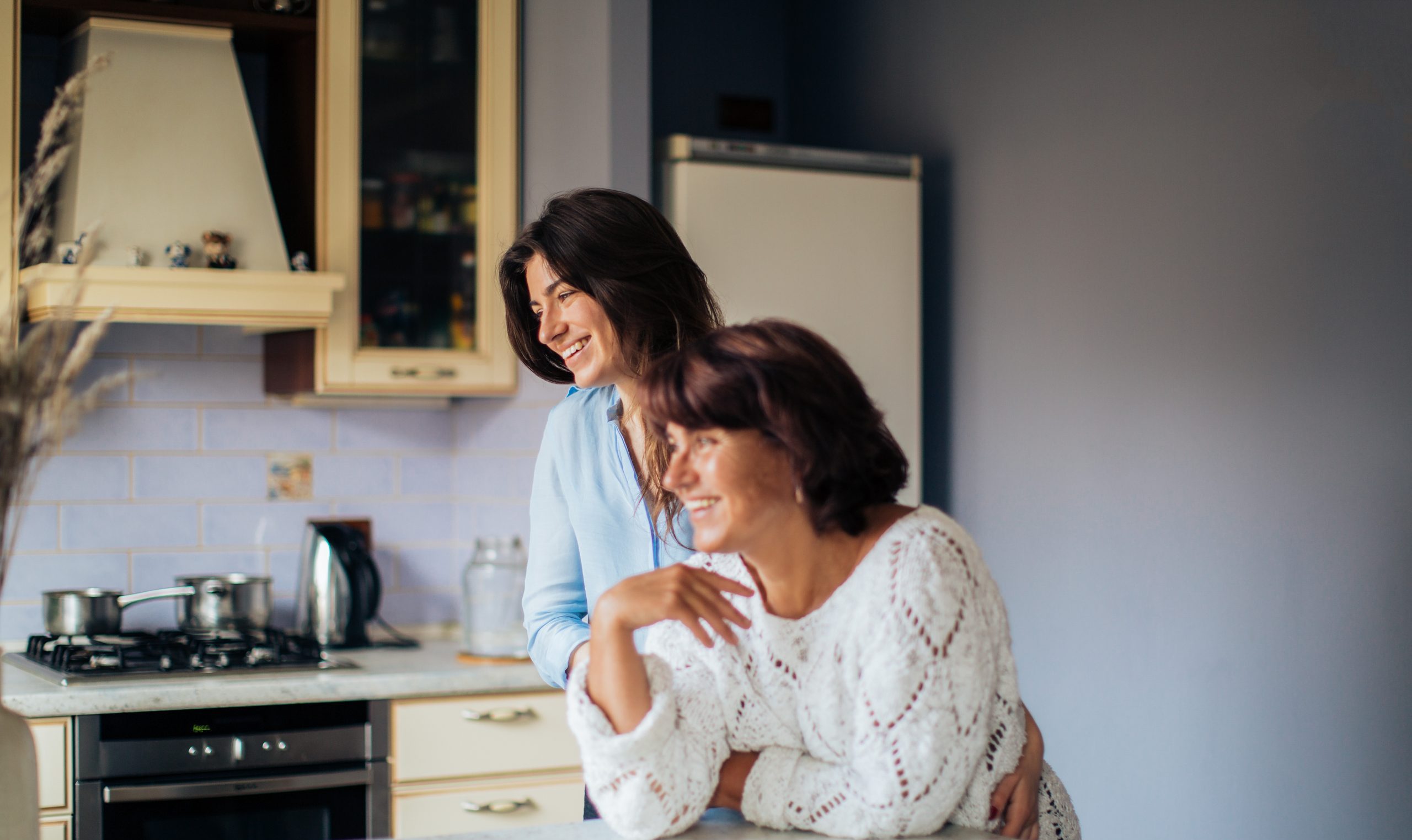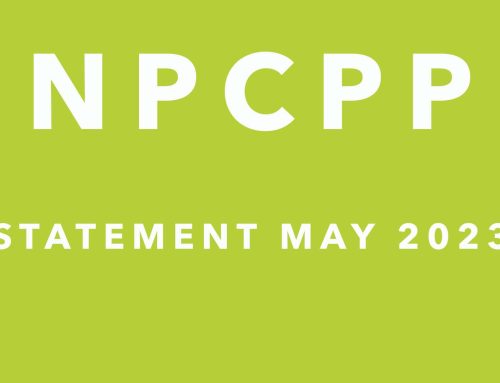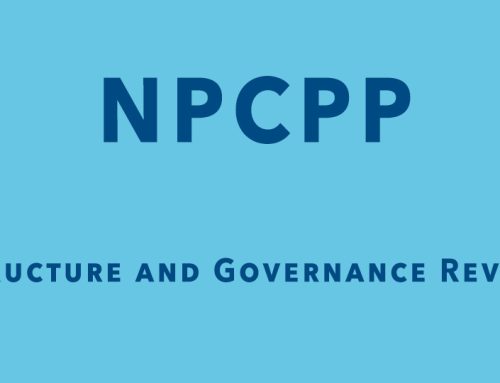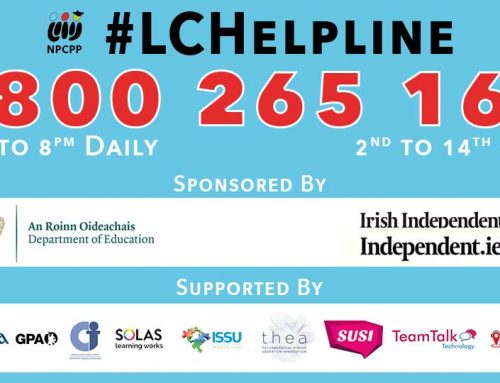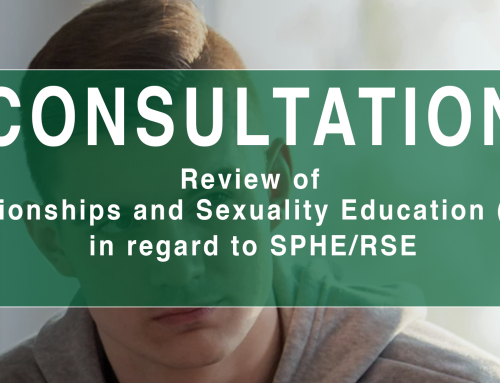Study from Home: Advice from the Institute of Guidance Counsellors
Advice for parents for the coming weeks…
Provided to the NPCPP by Beatrice Dooley, President of the Institute of Guidance Counsellors (IGC)

How are young people coping this week?
Very well, most students are coping very well and have managed to access the online school work. Teachers are uploading work, presentations, videos, schools have set up online platforms like: Google class room, Microsoft Office 365, Microsoft teams and Edmodo and other platforms to Skype/ video classes. Students have been issued with their individual school email address, this means that teachers can send students work by email, work that they can complete and return to their teacher for correction. Both teachers and guidance counsellors can now communicate with students directly online. School staff are reassuring their students that they are all in the same boat. Some students are disappointed because shows, concerts, matches, school trips that they were looking forward to are now postponed. Others are delighted that the orals have been cancelled. All are adjusting to a new norm and will continue to do so until 29th March when the situation will be reviewed.
Young people with their families are making plans, some will have a lot of time on their hands, others will be making a huge contribution to childminding and keeping the household ticking over as crèches and schools are closed but parents continue to work. Young people may worry if their family’s income is threatened by the virus.
Advice for parents at home with exam students?
Parents can access the online work in a guardian capacity, to learn how this works consult with your school website for instructions or reach out to other parents. Students who struggle with spellings or special needs will need extra support to connect with online work.
It is essential to establish a new routine – encourage your children to get up and go to bed at regular hours, this is not a holiday. They need to build on the routine they already have, their class timetable. By sticking with that they will keep up school work. This is the time of year when most students, post mocks, start making out a revision programme. Check also with teachers who will do a skeleton one for their students and your offspring can tailor it to their individual needs. All students need to exercise personal responsibility and keep up with their school and homework during this time. Students should reach out to their friends and classmates if they are struggling with school work, there is lots of research to show they learn better from their peers. Some students can form study groups with a small group of like-minded students on line. However, it is important that parents should keep an eye that they don’t become chat groups.
Parents have a pivotal role to play to stem the spread of Coronavirus/Covid 19
It is important that parents ensure young people are not meeting in groups, going to the cinema, hanging around shopping centres etc. This will defeat the purpose of school closures. Students meeting up with friends need to practice social distance and wash their hands regularly especially when they return home to protect their family members. It is also important to keep mobile phones/keyboards clean and not to pass them around to their friends. Parents will have a tough job monitoring social distancing for their kids. We are all getting a huge lesson in resilience building, dealing with a crisis not of our making but which we must learn to cope with.
The Department of Education and Skills has resources on its website too. If accessing sufficient hardware for all of your children is a problem, then contact the school to see if a tablet or chrome book etc is available for you to borrow, don’t be afraid to ask for help.
Students also need regular breaks, as they are largely confined to their houses and their regular group activities cancelled. A break can simply be cooking the evening meal together.
All the usual advice still applies, listen to their worries, talk to them, give then bucket loads of encouragement, catch them doing something right ever now and then! Plan healthy regular meals, a good night’s sleep, daily exercise and keep the communication lines open.
How about helping young people manage stress, how can parents help with that?
Stay calm, face the new challenges as they present. Maintain a sense of routine: shower, dress, create a separate work/study space, take regular breaks, talk to others use social media to stay connected with peer group. Important that students do not wind each other up on social media, everything in moderation.
Have a Plan
Students should have a study plan and share it with their parents. Having a plan helps reduce anxiety for both the student and their parents. So, communication of that plan is key. By sharing what the plan is, and letting parents know if it goes pear-shaped, everyone can think about it, make a better plan and address the challenge together.
Self-discipline is the key!
Students should follow whatever advice and instructions they have been given by their school, teachers and guidance counsellors. As students will be using their phones and electronic devices more, families need to decide when downtime will be. This is a critical agreement, no electronics after an agreed time at night. Strict rules re devices are more important than ever now. Students should reduce their social media use to a specific time in the day and then use that time to touch in with their friends and catch up. They should not be on live face social contact all day with one eye on social media and one eye on their school work.
I would urge students to practice social distancing and reduce their physical contact with each other to help avoid the spread of Coronavirus/Covid-19 That is the whole purpose of the schools being closed.
- minimise social contact,
- avoid meeting up in large groups
- observe the government’s advice on social distancing
Students who have evening/weekend jobs should discuss this with their parents, with a view to giving them up until such time as it is safe to continue. However, for their own mental health, students must get out of the house on a daily basis and go for a walk/run/cycle on their own, with one or two friends, or as a small family group, while again maintaining social distancing.
Anxiety
School guidance counsellors are available to give support for stress management, anxiety, how to prepare for exams, how to normalise this new reality, have a timetable, be disciplined etc. We will refer more serious issues to the appropriate referral agencies. Students can contact us by email during normal school hours, we will not be available 24/7.
Reduce anxiety by reducing your risk
I would say to students, don’t feel silly or embarrassed about taking reasonable precautions, such as frequent hand-washing; stay home and following your school routine; your self-discipline with social media; getting enough fresh air and sleep and taking good care of your immune system. Preparing a daily plan for managing your studies and mental health makes absolute sense and can help keep your anxiety at a normal levels.
What about exams themselves, orals have been cancelled. Will written exams be next?
We cannot predict the future, advice is to take this day to day and follow the advice of your teachers. Whatever happens will be the same for every Junior Cycle and Leaving Certificate student in the country and the State Examinations Commission (SEC) are working very hard to make contingency plans. We saw how the SEC rose to the challenge last autumn to get Leaving Certificate results processed in a shorter time-span than usual.
In general all students are in same boat, all are equally impacted by this issue. The advice from SEC is to consult with Department of Education and Skills website, they will issue regular press releases to the media and to educational partners as appropriate. It is too early to predict future events and not constructive to speculate as we do not want to raise anxiety levels.
For non-exam classes, is it still very important for kids to keep doing their work?
We take the resilience approach, we work on things we can work on and don’t worry about those things we can’t. Students have their class timetable and will now be doing their work at home instead of at school. So, the answer is Yes. All students need to keep in daily contact with the school/teachers and do the assignments sent to them. It would be a good time to do some revision or work on projects that might not have to be completed immediately.
Encourage children to read up on topics of interest. Remember that not all learning happens in school. Cooking, up modelling, learning how to use household appliances, engaging with hobbies like playing a musical instrument, drawing/painting, creative writing, sport, dance, gardening, and DIY are all important life skills which can be learned while confined to the house. It is important to encourage the holistic development of our young and not merely their academic abilities.
How about helping young people manage stress, how can parents help with that?
Naturally children will have questions and I would ask parents to use all the Government recommended resources, such as HSE website, the Department of Education and Skills website, and their school’s website, to help you talk to your children and help them manage their anxiety – not just about the virus but about their exams.
It’s very tempting to check for updates on the virus in particular but checking several times a day can maintain an escalated state of anxiety, which can easily transmit from parents to their children. The priority is to not focus on catastrophic thoughts and predictions, especially reading and talking about some of the examples on social media. Instead, just sticking to reliable sources of Coronavirus/Covid-19 and examination information.
However, as we work through this situation, some students may become stressed about the virus itself or exams. Talking and listening to your child is very important, dispelling ‘fake news’ they may pick up on the internet. We may not be able to control external events, but we can control what information we access and when.
The one good adult in a young person’s life will help hugely here. Parents will be aware that grandparents are often the go to person for a young person and this contact is currently being physically curtailed for everyone’s safety, so it’s important to offer practical help to grandparents so that they can continue to communicate with their grandchildren electronically or by phone. Guidance counsellors will have given their students details of how to contact them during this time. We may not be able to have face to face contact, but we can still be in contact.
Published: 20 March 2020
Contact Information
Unit 6 -Building 125,
OMNI Shopping Centre,
Santry, Dublin 9
Phone: +353 (1) 862 3346
Email: manager@npcpp.ie
Website: www.npcpp.ie

